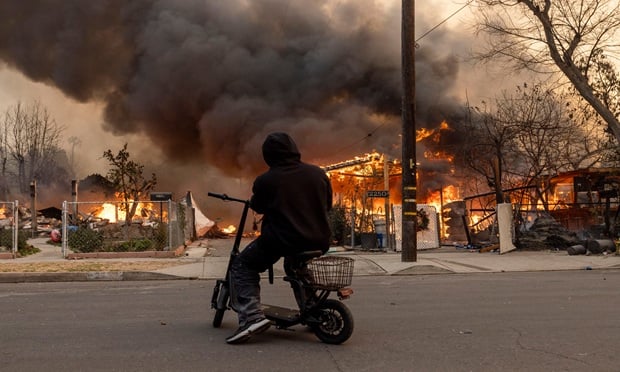U.K. think tank that urges businesses to rethink their approach to energy.
The report, "Sustainable Energy Security: Strategic Risks and Opportunities for Business," by Lloyd's 360 Risk Insight and U.K. think tank Chatham House found that reliance on fossil fuels is pushing the search for reserves into more difficult and risky territories.
Declining production from easily accessed oil reserves combined with rising demand from developing economies can result in events such as the current Deepwater Horizon Oil Platform spill in the Gulf of Mexico, the report said, adding that the BP spill could push the transition to more cost-efficient clean and renewable energy systems.
The study predicts that price spikes and supply disruptions will become more frequent due to rising consumption, insufficient investment, and threats to installations and transport.
These factors, the report notes, combined with political pressure to reduce greenhouse gases and protect our environment, will force businesses to be more efficient consumers of energy and adopt clean and renewable technology.
Richard Ward, Lloyd's chief executive, said in a statement that business leaders "need to rethink their approach to energy risks or be left behind as energy becomes less reliable and more expensive. The environmental and economic cost of our reliance on fossil fuels is too high. We need a long-term plan to reduce consumption and diversify our energy sources."
Mr. Ward said the report "should cause all risk managers to pause," adding that it outlines "that we have entered a period of deep uncertainty in how we will source energy for power, heat and mobility, and how much we will have to pay for it."
Bernice Lee, research director at Chatham House, noted, "Businesses across the board need to make a serious assessment of their vulnerability to change and volatility on the energy scene. There are huge opportunities as energy systems evolve to include users and increase resilience and efficiency. There is also the potential for heavy or even catastrophic financial and environmental losses."
The expected level of investment in renewables and clean energy--up to $500 billion per year by 2050--holds tremendous opportunities for businesses, but the lack of global agreement on carbon reduction is inhibiting commitment and investments, the report states. Ultimately, this will make catching up or adapting to energy shortages much more expensive for all, it notes.
The report calls on governments to set clear policies and create certainty in the transition to a low carbon economy.
The study also warns that preparations must be made for a new set of risks as our energy system changes. Many renewable technology systems, for example, use rare materials, and the increasing reliance on electricity and IT could raise vulnerability to cyber attacks, according to the report.
The report advises businesses to reassess global supply chains and increase the resilience of their operations.
Want to continue reading?
Become a Free PropertyCasualty360 Digital Reader
Your access to unlimited PropertyCasualty360 content isn’t changing.
Once you are an ALM digital member, you’ll receive:
- Breaking insurance news and analysis, on-site and via our newsletters and custom alerts
- Weekly Insurance Speak podcast featuring exclusive interviews with industry leaders
- Educational webcasts, white papers, and ebooks from industry thought leaders
- Critical converage of the employee benefits and financial advisory markets on our other ALM sites, BenefitsPRO and ThinkAdvisor
Already have an account? Sign In Now
© 2025 ALM Global, LLC, All Rights Reserved. Request academic re-use from www.copyright.com. All other uses, submit a request to [email protected]. For more information visit Asset & Logo Licensing.








